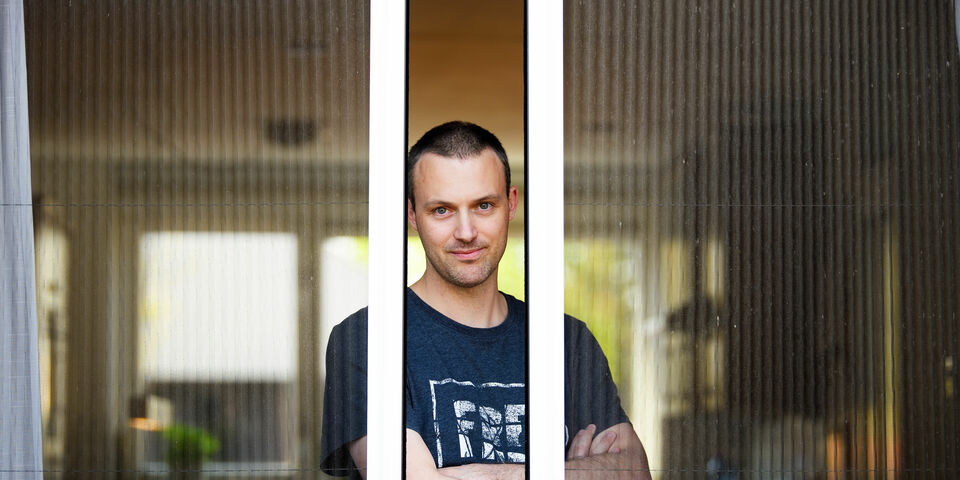Certification craze
In 2007, the TU/e Executive Board announced that the didactic onboarding program would be replaced by the University Teaching Qualification (UTQ). The main reason was that the old program lacked any form of assessment and therefore had no consequences for staff members who underperformed. Since the introduction of the UTQ, the drive for certification has grown considerably, observes Boudewijn van Dongen.
The UTQ program became a system in which all lecturers must take courses to collect certificates. For instance, you have to prove your level of English proficiency—even if you’re a Japanese person who grew up in the United States. Or you must complete the academic leadership program if you want to become an associate or full professor. At TU/e, however, a Certificate of Good Conduct (VOG) is not required.
I’m not saying the UTQ program as a whole is without value. But listening for an hour to a lecture explaining that lectures are outdated certainly is. It wasn’t well received when a colleague asked during a coaching course whether any research had been done on the costs of individual coaching in programs with hundreds of students per year. And another colleague found it hard to take a course seriously when the instructor claimed that every class should start with thanking students for showing up.
But what do all those certificates really say? In my view, absolutely nothing. You don’t suddenly become a good teacher just because you hold a UTQ. You’re not an effective leader because you completed a training program, and a VOG says nothing about socially safe behavior. I’d even go so far as to say that there are poor teachers and poor leaders working at TU/e who possess all the required certificates.
Earning mandatory certificates is therefore not about improving the organization. It’s merely a way to shift the responsibility for improvement elsewhere. Real cultural progress only happens when everyone is willing to reflect on their own performance, seek critical feedback, and actually act on it. For example, by voluntarily enrolling in a course—without the need for an assessment—because we trust that participants will make good use of what they learn.
Boudewijn van Dongen is a professor of Process Analytics at TU/e. The views expressed in this column are his own.
This article was translated using AI-assisted tools and reviewed by an editor.


Discussion